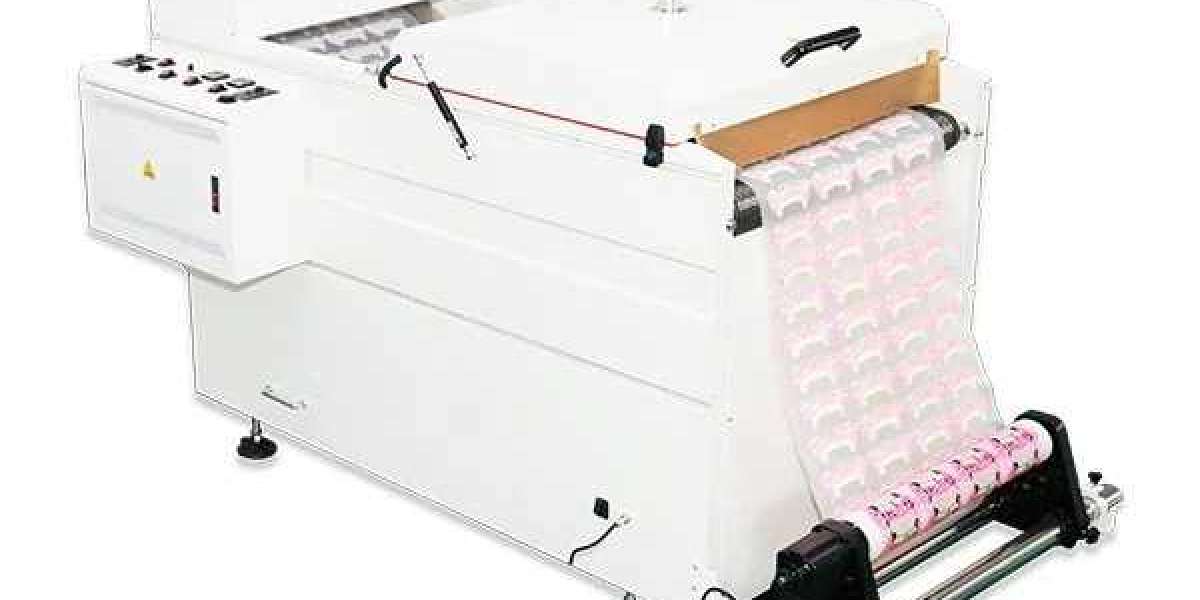Attention Deficit Hyperactivity Disorder (ADHD) is a neurodevelopmental disorder that affects both children and adults. Understanding the ADHD diagnosis process is crucial for those seeking clarity and support. This article will guide you through the key steps involved in obtaining an accurate diagnosis and what you can expect during this journey.

What is ADHD?
ADHD is characterized by symptoms such as inattention, hyperactivity, and impulsivity. These symptoms can significantly impact daily functioning and quality of life. Recognizing the signs early can lead to effective management strategies. But how is ADHD diagnosed?
The ADHD Diagnosis Process
The ADHD diagnosis process typically involves several key steps:
- Initial Consultation: The first step is to schedule an appointment with a healthcare professional, such as a psychiatrist or psychologist. During this consultation, you will discuss your symptoms and concerns.
- Comprehensive Evaluation: A thorough evaluation is essential. This may include standardized questionnaires, interviews, and behavioral assessments to gather information from multiple sources, including parents, teachers, and self-reports.
- Diagnostic Criteria: The healthcare provider will use criteria from the Diagnostic and Statistical Manual of Mental Disorders (DSM-5) to determine if the symptoms meet the threshold for an ADHD diagnosis.
- Feedback and Recommendations: After the evaluation, the professional will provide feedback on the findings. If diagnosed, they will discuss treatment options, which may include therapy, medication, or lifestyle changes.
What to Expect During the Evaluation
During the evaluation process for an ADHD diagnosis, you may experience a range of activities designed to assess your symptoms comprehensively. Expect to answer questions about your medical history, family history, and any previous treatments. Additionally, you may be asked to complete various assessments that measure attention, impulsivity, and hyperactivity.
Importance of Accurate Diagnosis
Obtaining an accurate ADHD diagnosis is vital for effective treatment. Misdiagnosis can lead to inappropriate treatments, which may exacerbate symptoms. Therefore, it is essential to work with a qualified professional who understands the complexities of ADHD.
For more detailed insights into how a psychiatrist diagnoses and treats adult ADHD, you can visit this link.
Conclusion
In conclusion, understanding the ADHD diagnosis process can empower individuals and families to seek the help they need. By following the outlined steps and being prepared for the evaluation, you can navigate this journey with confidence. Remember, early diagnosis and intervention can lead to better outcomes and improved quality of life.







